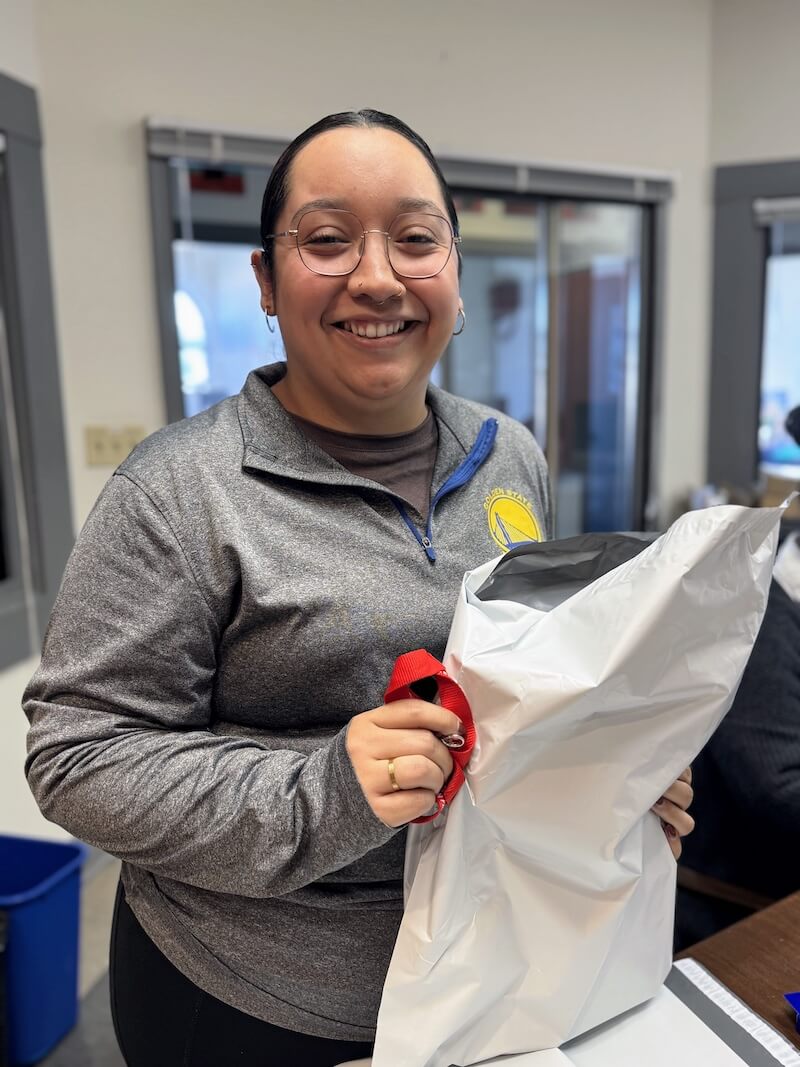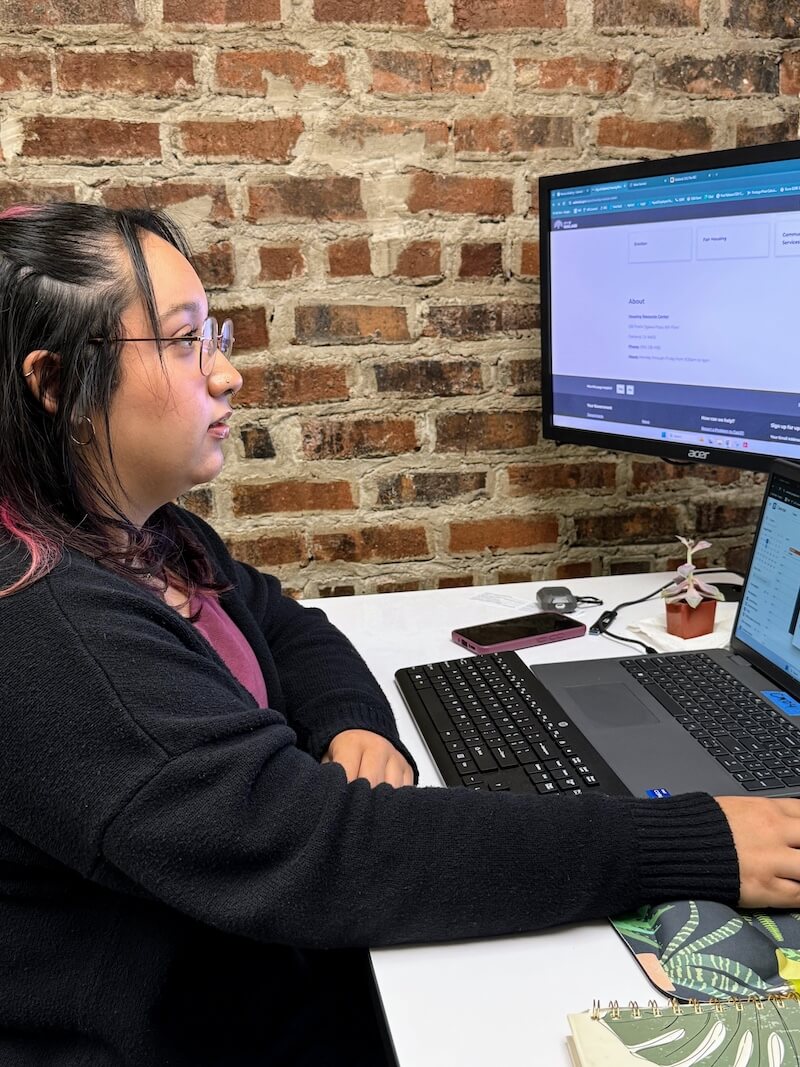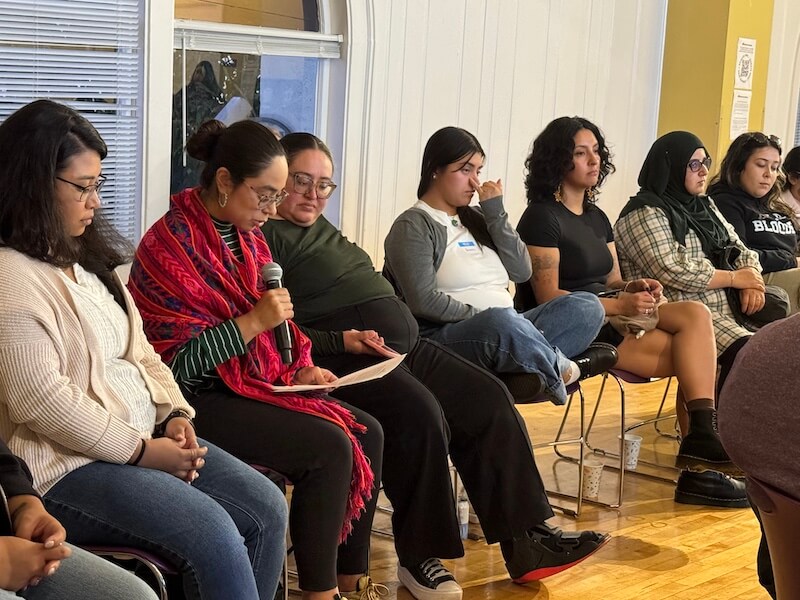Post Release Services
Ensuring that migrant children are safely released from US detention centers and reunited with their families in the United States.


Each year, thousands of children without a parent or guardian migrate to the US to escape violence and abuse or to reunite with their families.
Through our partnership with Global Refuge (formerly Lutheran Immigration and Refugee Service, LIRS), we help ensure that unaccompanied children are safely released from detention and reunited with loved ones who are well-equipped to care for them, giving them every opportunity to grow and thrive.
Safe Release Support
We assist families when they are at their most vulnerable—when they need guidance through the complex process to reunite with their children. To ensure children are reunited into safe and secure homes, their caregivers must first be thoroughly screened. Potential caregivers in Northern California come to our site for the following services, free of cost:
Safe Release Support and help with the Family Reunification Packet
Referrals for much-needed resources such as immigration legal services, health care, mental health services, and school enrollment.
The appointment with our staff is an opportunity for caregivers to be open about their confusion, concerns, and needs around the reunification process, without the stress of interacting with a government entity.


Post-Release Services
After reunification, particularly vulnerable children and their families are referred to us to ensure that the child is safe, cared for, and adjusting to their new surroundings.
We provide Extended Case Management support, including home visits and regular follow-ups with the child and family, along with Supportive Service Coordination in the areas of placement and stability, immigration proceedings, guardianship, legal services, education, medical + mental health services, family stabilization + counseling, substance abuse, and gang prevention – as needed.
Frequently Asked Questions
An unaccompanied child is someone under the age of 18 years old, has no legal status, and has no parent or legal guardian in the United States, or the parent or legal guardian is unavailable to provide physical custody or care.
Rampant poverty and violence are driving young people from Central America, with Guatemalans, Hondurans, and Salvadorans accounting for 85% of detained unaccompanied children. Another 12% come from Mexico, where the homicide rate hit a new high in 2019, in the midst of a long-standing war against drug cartels. Many children hope to reunite with relatives in the United States, but others deliberately leave their families behind, fleeing domestic abuse, criminal gangs, or local corruption.
– Council on Foreign Relations
Most unaccompanied children are detained at or near the U.S. southern border, often turning themselves in to authorities. Under the Homeland Security Act of 2002, the Departments of Homeland Security (DHS) and Health and Human Services (HHS) share responsibility for unaccompanied children. These agencies must uphold the 1997 Flores Settlement, which outlines standards for the care of both accompanied and unaccompanied minors, including access to food and water, emergency medical services; bathroom facilitie;, and ventilated, temperature-controlled surroundings.
HHS must place children in the “least restrictive setting” possible, which often means group homes, foster care, or other facilities equipped to provide long-term childcare. HHS’s Office of Refugee Resettlement (ORR) then seeks to release children to sponsors, preferably parents, whom the agency screens for criminal history and fitness to provide care.
– Council on Foreign Relations
At this time, we are only able to receive case referrals through LIRS and ORR-run shelters for unaccompanied migrant children. If you know of a child who was reunified with a sponsor and is in need of support, or of a family attempting to sponsor a child, please direct them to the ORR National Call Center.
-ORR Hotline (English PDF)
-ORR Hotline (Spanish PDF)
Family Reunification Team

